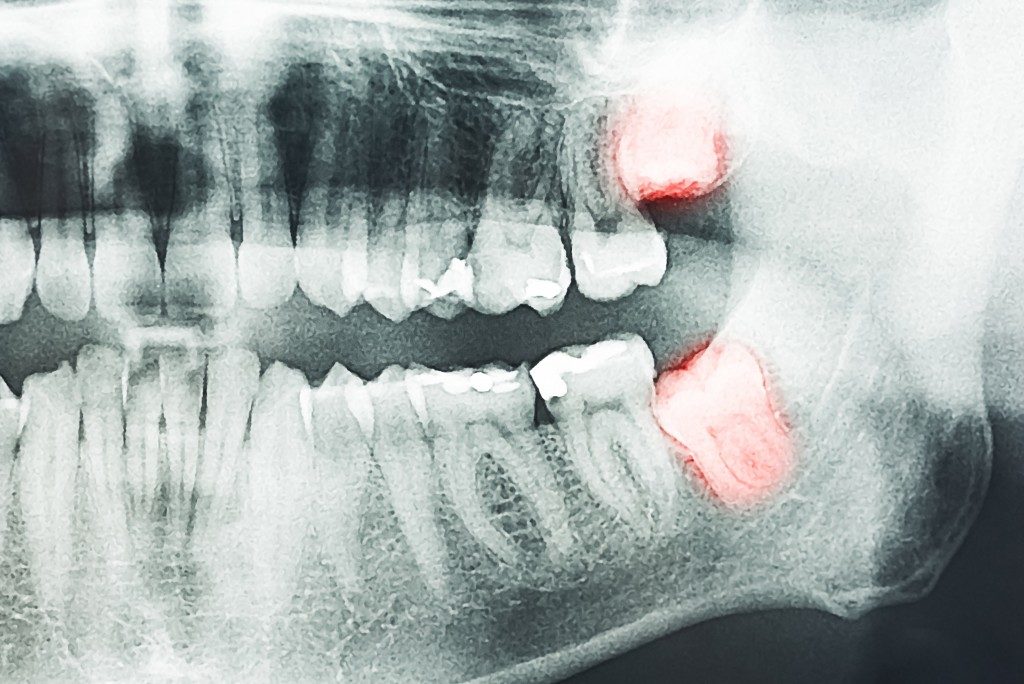In most 911 calls, it is usually the paramedics and in some extreme cases, surgeons, that are brought to the scene. While it is not a common notion, incidents with dentists are at the forefront of the responding party.
There are reports of an emergency that required a dentist somewhere in Townsville and similar occurrences in other parts of Victoria. These are not as rare as most people think.
Pain Related Emergencies
Many dental emergencies are brought about by patients complaining about unbearable pain. Most of these fall under pulpal pain. It is described as a sharp, strong, lingering pain with the feeling that your head is throbbing. The pain extends to the cheekbone or to the ear.
In these cases, root canal treatment or tooth extraction is a remedy. The extreme pain may warrant special arrangements like the presence of an anesthesiologist or other medical personnel.
Other Dental Emergencies
Common emergencies include bacterial infection due to abscess or holes in the teeth due to cavities. This is the main reason we are recommended to visit the dentist every six months. There are also tooth fractures (broken tooth) and tooth luxations (loose tooth). The urgency of these cases depends on the patient’s condition and pain tolerance.

Immediate Remedies to Dental Emergencies
Just like first aid on other parts of the body, there are also quick response techniques to dental emergencies. Toothaches can be relieved with a cold compress to the mouth or cheek, but be sure to remove any food lodged in between teeth with a dental flesh. Dentists warn to avoid placing aspirin near the gums as it can burn sensitive soft tissue.
Loose teeth should not be touched or removed with hands or strings as they can be dirty and lead to infection. It is best to take it to the dentist for a sanitary extraction, but in the meantime, cold compress and oral painkillers like paracetamol or acetaminophen can offer temporary relief.
Knocked out teeth can be saved. Retrieve the tooth and handle it by the crown. Rinse the roots clean, but do not scrub out the tissue fragments. If the tooth was retrieved without falling or getting dirty, dentists advise to place it back in the socket. Put it back gently and check if it’s facing the correct direction, but do not use force. If it cannot be placed back, put the tooth in a glass of milk or water with salt if milk is not readily available.
If dentists can treat the tooth within one hour of being knocked out of its socket, there’s a big chance that it can be saved. They have products that contain cell growth mediums, an example of which is “Save a Tooth.”
Soft tissues in the mouth involve the gums, lips, cheeks, and tongue. They are very fragile and can easily bleed. The priority is to stop or control the blood flow. Rinsing with a mix of water and salt can resolve this. If the bleeding persists, options include a moist gauze pad or a tea bag pressed against the wound. Proceed to the dentist right away.
There are actual dental emergencies and these can cause an intense amount of pain. That said, we should not just be mindful of our dental care, but be prepared to respond to an emergency as well.

